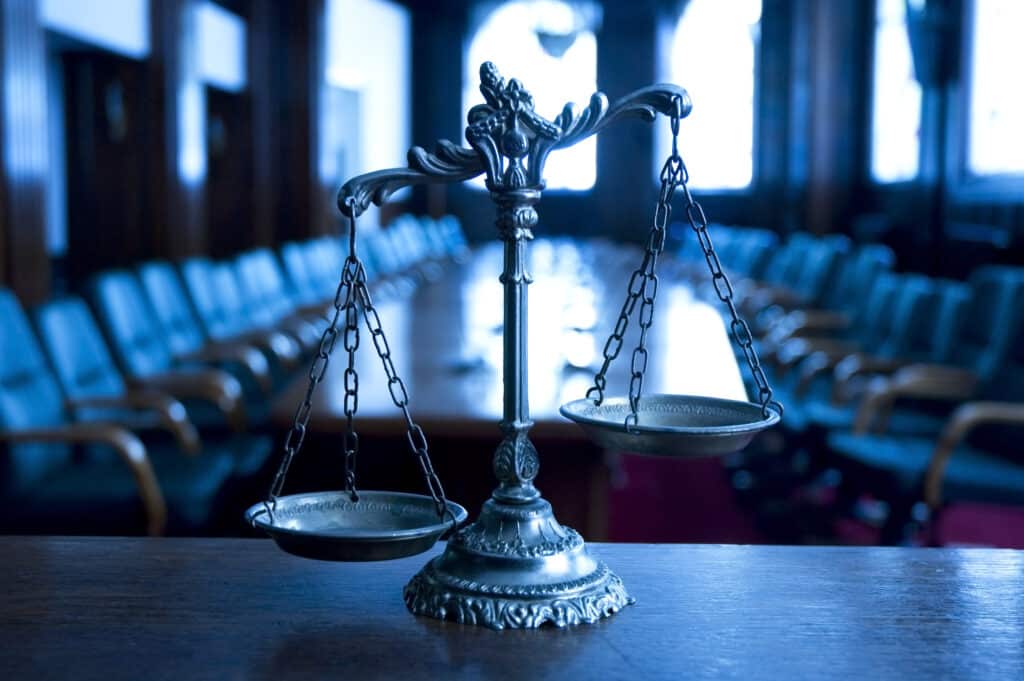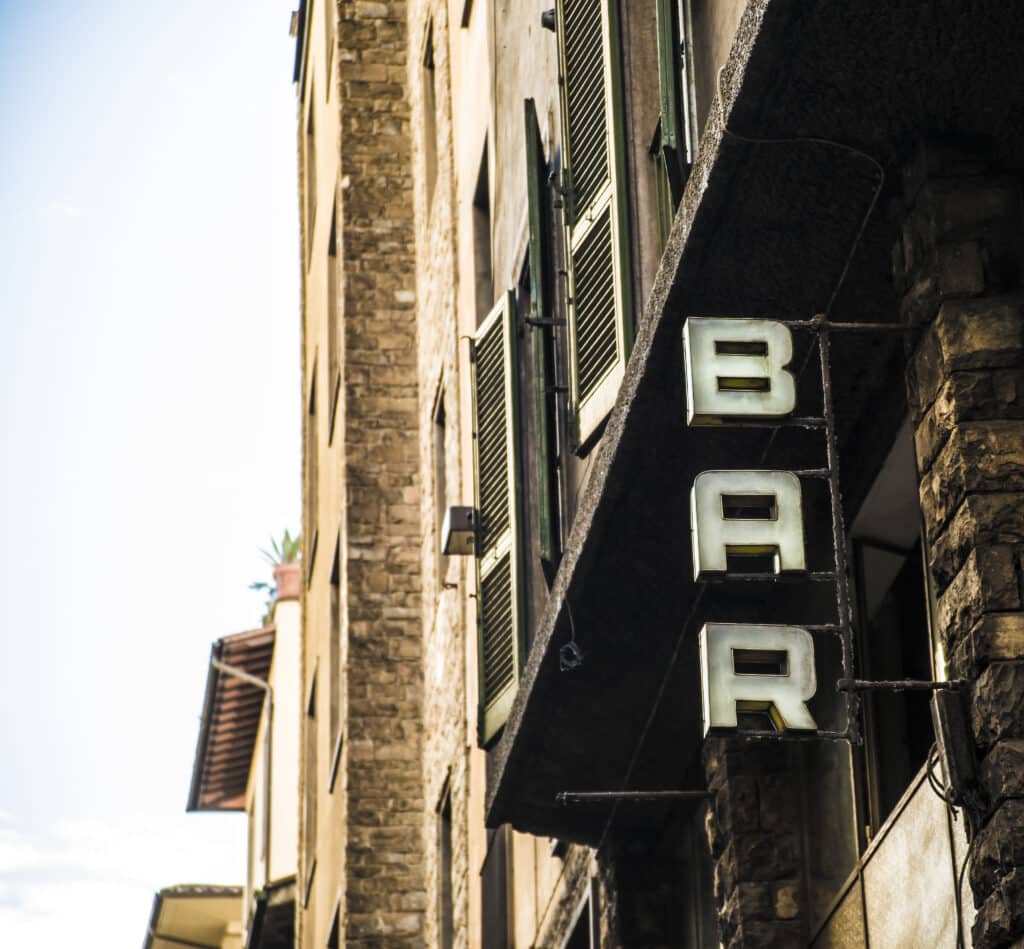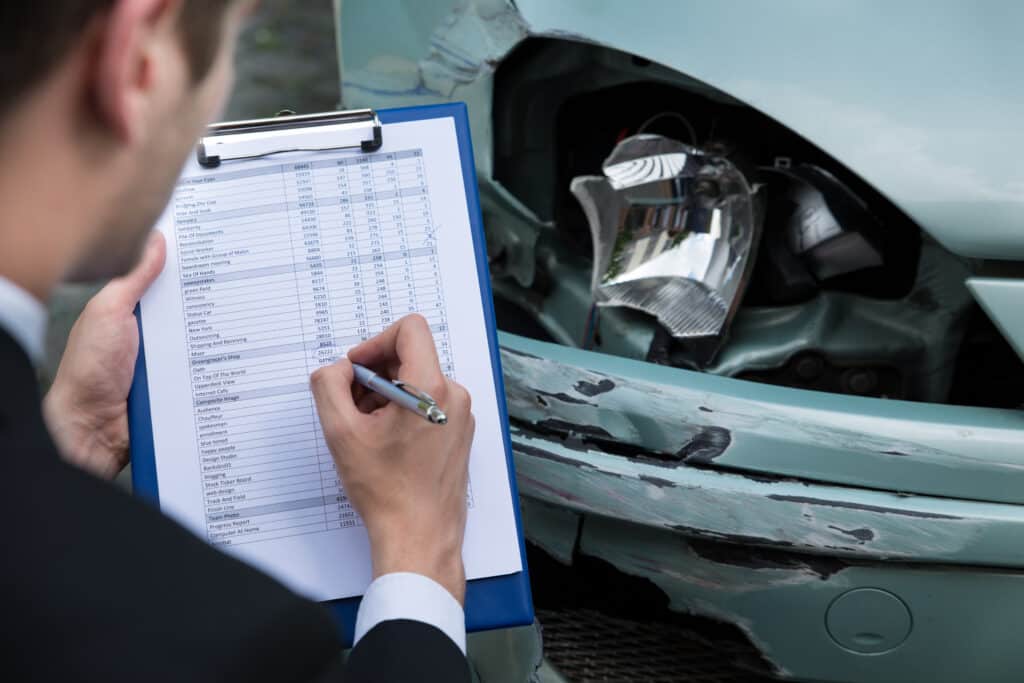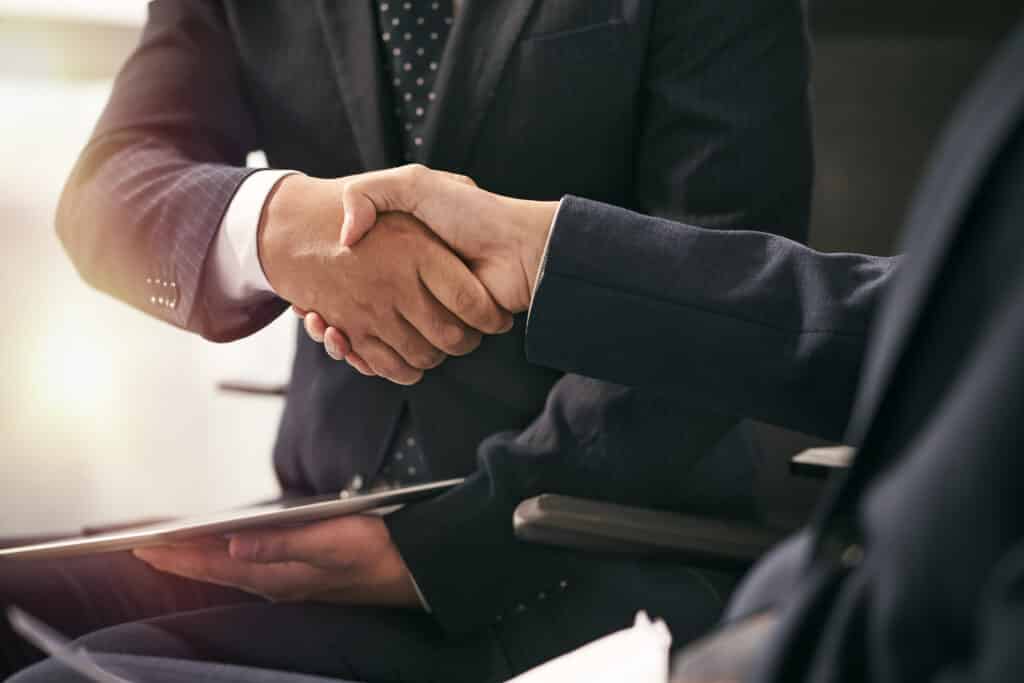If you’ve been a victim to a crime and injured in the process, you may be confused about whether you need a criminal lawyer or a personal injury lawyer. Should you hire both? Should you focus on one over the other? Or is this something that is out of your hands?
This can be tricky for people to understand. Here is what you need to know about the difference between criminal law and civil law, what can happen when criminal and civil cases overlap, and when you would hire a criminal lawyer or a personal injury lawyer. In order to know what is the best course of action for your case, you will want to consult with an attorney for personalized advice. This blog is meant for general informational purposes only and is not intended to be used as professional legal advice.
The Difference Between Criminal And Civil Cases

It can be difficult for people to know whether a case is criminal or civil. In short, a civil case is based on a wrong, such as someone not looking both ways at a stop sign before trying to cross the road, and thus accidentally hitting someone. A criminal case is based on a crime, such as if someone steals a car.
Criminal and civil cases are handled differently. Criminal and civil proceedings apply different standards in order to right wrongs done. Civil cases involve disputes between two parties while in criminal cases, the defendant is formally charged with a crime. The state, not the victim of the crime, initiates criminal proceedings.
About Criminal Cases
Only state attorneys can initiate a criminal proceeding. Even if you as a victim know that a crime was committed, it is up to the authorities whether or not charges can be pressed. In criminal proceedings, it must be proven that the defendant is guilty of the crime committed beyond a reasonable doubt. This is why even if someone is found not guilty of a crime, they could still have a civil case brought against them. Conversely, someone may be found guilty of a crime, but not civilly liable for an accident.
In criminal proceedings, they tend to be more punishment focused. If found guilty, the defendant could face jail time, fines, prohibition, and more. The court may order restitution, where the defendant must pay losses to the victim.
About Civil Cases
On the other hand, anyone can file a personal injury suit on their own behalf. Civil cases are focused on ensuring the victim is compensated fairly.
Can A Case Be Both Criminal And Civil?
Yes, a case can be both criminal and civil. People can both break the law and commit a legal wrong against someone. Crimes may or may not also constitute civil wrongs. A person may be found not guilty of a crime, but may be held liable for a civil wrong.
Victims of crimes can hire personal injury attorneys if the criminal case was dismissed but they are still able to pursue damages from the wrongs they have suffered. Conversely, a civil case can instigate a criminal proceeding when evidence uncovers the need for a criminal investigation. Civil cases don’t turn into criminal cases because they are two different things. Civil cases can only order civil remedies. In order for there to be criminal penalties for the person who committed the crime against you, a new criminal case must begin, initiated by a state attorney.
When Would You Hire A Criminal Lawyer?
You would hire a criminal lawyer if you have been accused of a crime. It’s recommended that you hire a criminal defense attorney whenever you are accused of a crime, regardless of how minor the charge seems. Criminal defense attorneys typically bill hourly for their time.
When Would You Hire A Personal Injury Lawyer?
You would hire a personal injury lawyer if you have suffered a wrong and want to pursue damages, such as if you have been injured in an accident. Personal injury attorneys typically do not charge hourly, but rather charge a contingency fee where they take a percentage of the damages recovered after they win your case.
Do You Need A Personal Injury Attorney?
The personal injury attorneys at LeBaron & Jensen provide help to those in Utah, Wyoming, Colorado, and Arizona. We provide free case consultations and do not charge a fee until we win your case. If you think you have a personal injury case, don’t hesitate to contact us for a case consultation.



